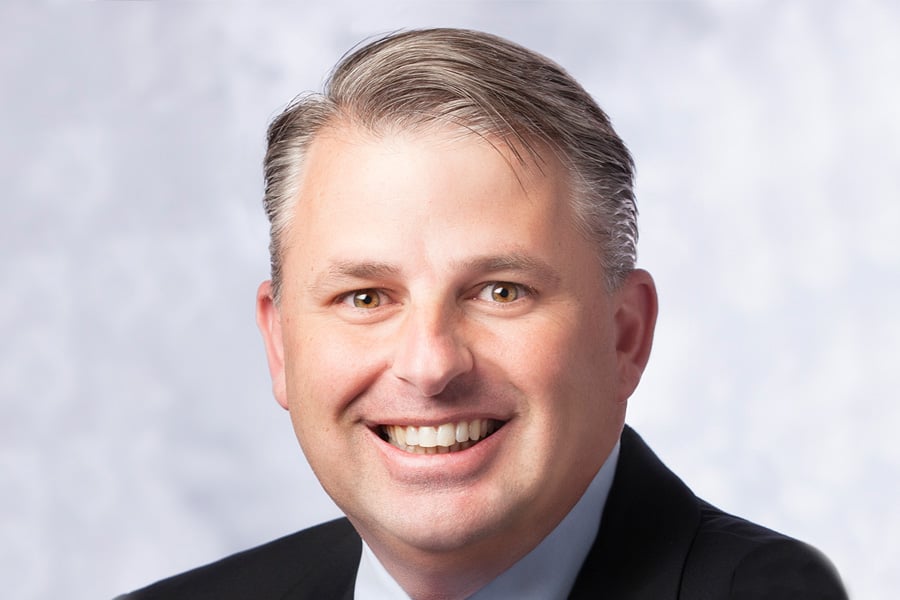Wells Fargo Advisors president David Kowach urged the investment advice industry to embrace the regulatory effort to raise the standard of care.
In an appearance at the
MarketCousel Summit in Las Vegas, Mr. Kowach said pending regulatory changes will be good for brokerages that make good client outcomes their priority.
"Fiduciary is not our enemy," he said. "It's our ally. I don't know where the industry regulators wind up, but I do believe we have a responsibility to act in our clients' best interests period."
He said he supports a common advice regulation for investment advisers and brokers.
But the architect of the
now-defunct Labor Department fiduciary rule that would have required brokers to act in the best interests of their clients in retirement accounts said Mr. Kowach's firm didn't weigh in to help that effort.
"Wells Fargo was not one of the big public supporters of the rule," said Phyllis Borzi, former assistant secretary of Labor in the Obama administration, who was in attendance during Mr. Kowach's session. "So, why weren't they there by our side like others in the industry who were willing to come forward and support publicly what we were doing?"
In an
August comment letter to the Securities and Exchange Commission, Mr. Kowach said he backs the SEC's advice reform proposal, whose centerpiece is the so-called
Regulation Best Interest that is designed to raise the broker standard of care. The measure would continue to regulate brokers separately from investment advisers, who would still be held to a fiduciary standard.
"We are heartened to see the SEC's proposals include many of the essential disclosure and risk mitigation elements of the [DOL] fiduciary rule's impartial conduct standards while being more specifically tailored to the broker-dealer business model," Mr. Kowach wrote in August.
Mr. Kowach's support of a fiduciary standard drew skepticism on social media.
Josh Brown, chief executive of Ritholtz Wealth Management, tweeted: "Sounds good. But can you be a fiduciary advisor to clients while your managers are simultaneously acting as fiduciaries to the parent company's shareholders (maximizing profit)? Who is more important? Which fiduciary obligation supersedes the other?"
MarketCounsel chief executive Brian Hamburger asked Mr. Kowach during a Q&A session whether he put Wells Fargo shareholders or Wells Fargo Advisors clients first.
"It has to be clients first and then, I think, you balance the needs of your advisers and your shareholders," Mr. Kowach said. "It's not that difficult. Focus on clients. Focus on best practices for better client outcomes."
Mr. Kowach also implicitly addressed the black cloud that hangs over Wells Fargo whenever the firm is mentioned — ethical lapses that have led to multiple scandals and
caused Wells Fargo Advisors to lose brokers.
"Focus on the good. Fix the bad," Mr. Kowach said. "Stay on the noble path of caring about what is most important in life — that's your clients."
In addition to regulatory changes, Mr. Kowach said other trends that will affect the advice industry are a growing demand for advice, the aging of the adviser workforce, technology advances, and an evolving marketplace that requires firms to offer more services on their platform.
He vowed that as advisers grow older, his firm will show everyone else how to respond.
"WFA will be the most innovative firm in the industry around teaming, succession, buying and selling books, new adviser development," he said. "Nobody is going to be as innovative as we are going to be."







